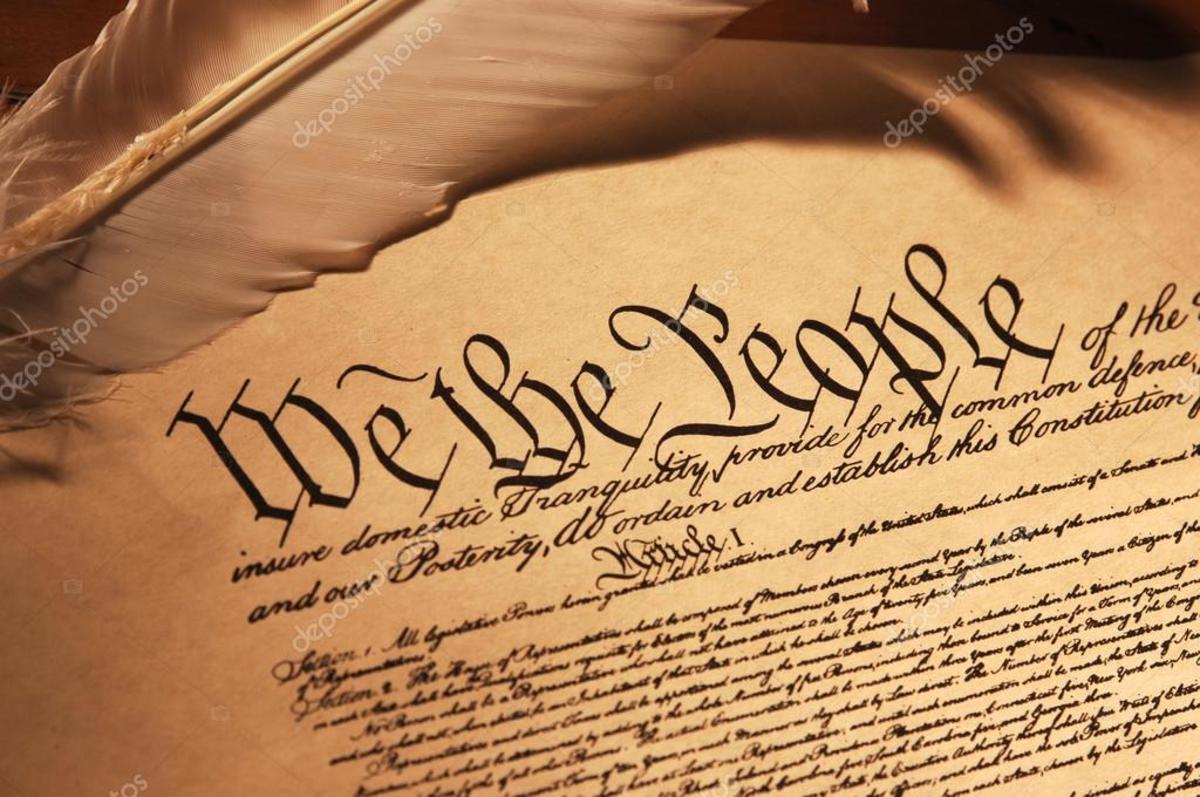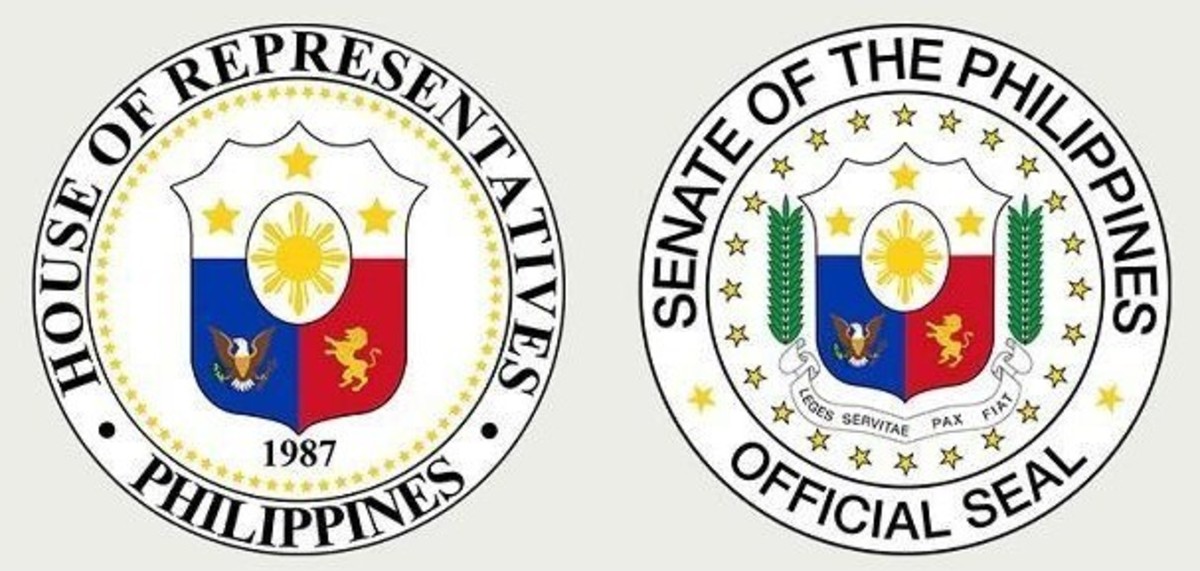Why Democracy?
About Governments:
I think it will be correct to say, no two governments, whether from the past, or of the present, are exactly the same. But it is possible to examine the similarities and differences between political and economic systems and compare different forms of government. One simple way to do this is to categorize governments. Divide them into, say democratic and authoritarian political systems, as, all the existing modes of governance show a predominant tilt towards either of the two.
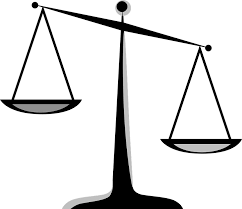
Democracies
There are many countries today that claim to be democratic. This form of government is widely applauded, mainly due to their citizen friendliness. Surely, this is the charm of democracy, which is largely seen in areas such as:
Freedom for things like speech, press, and religion. Democracies in general accord high status and respect for these basic individual liberties. Yes, no government allows absolute freedom, but democracies go a long way in letting newspapers and public express opinions freely.
The majority may be in rule, but the minority will be having their rights. True, in democracies, all people need to accept the decisions made by the majority of voters in a free election. However, democracies do not permit the "tyranny of the majority" by providing ways for minorities of all kinds to have their voices heard as well.
Leaders from widely different personal backgrounds. Democracies usually leave room for a large variety of citizens to compete for leadership positions. In other words, there is no preference in the selection of those who rule. They all do not come from a few elite families, the same part of the country, or the same social class.
Free elections. Agree, the presence of elections alone need not entitle a country to be a democracy. In a democracy, the elections are fair and competitive, and the government or political leaders cannot control the results. Voters have real choices among candidates who run for public office.
Rule by law. Democracies are not controlled by the whims of a leader, but they are governed by laws that apply to leaders and citizens equally.
Meaningful political participation by citizens. In addition to voting rights, the government responds to demands, and the candidate they choose actually take office. If the general populace contact government in any other way — like writing, protesting, or phoning — officials do respond.
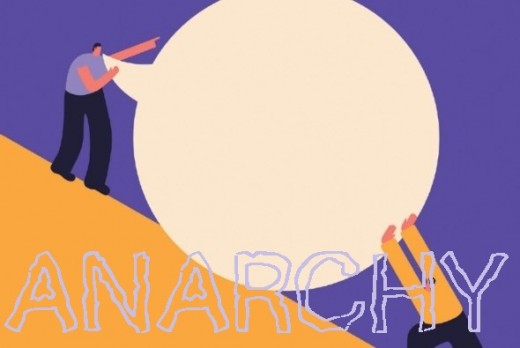
Authoritarian Regimes
In contrast, one ruler or a small group of leaders have the real power in authoritarian political systems. Authoritarian governments may hold elections and they may also have contact with their citizens, but citizens do not have any voice in how they are ruled. Their leaders do not give their subjects free choice. Instead, they decide what the people can or cannot have. Citizens, then, are subjects who must obey, and not participants in government decisions. Kings, military leaders, emperors, a small group of aristocrats, dictators, and even presidents or prime ministers may rule authoritarian governments. The leader's title does not automatically indicate a particular type of government. The distasteful or repulsive elements of such a regime have been acknowledged as:
Authoritarian systems do not allow freedoms of speech, press, and religion, and they do not follow majority rule, nor protect minority rights. Their leaders often come from one small group, such as top military officials, or from a small group of aristocratic families. Examples of such regimes include China, Myanmar, Cuba, and Iran.
No nation falls entirely into either category. Both democratic and authoritarian governments change over time, rendering the global mosaic uncertain and complex.
The prevailing idea is that democracy is heaven, while authoritarian regimes are different forms of hell. Anything and everything happening in each of these regimes is looked at through this filter. Thus, if it is about a democratic country, anything unsavory is seen as an unfortunate event that needs to be dealt with, while strengthening the governance. If it is not, the same unsavory event gets termed as another proof for the unsuitability of the current style of governance.
My View:
Something is in-congruent here. We are always comparing the desirable elements of democracy with the elements acknowledged as the distasteful part of other types of regimes. And we always find the former more acceptable to us, and the latter, abhorrent. Well, what else can be expected?
I think, as a result of this rather illogical comparison, we always come up with democracy as the answer, without ever having a chance to learn of its disadvantages. Also, we remain ignorant, both about the dangers of democracy and about the good in other forms of regime. (In fact, this proves my argument I proposed in my book, The Unsure Male’, that our predilection with democracy is due to something else!)
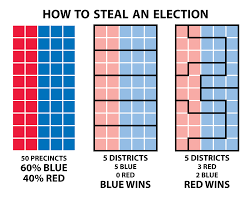
What is the weakness of democracy?
I think we are in the dark about this, thanks to the fact that none of the great stalwarts of democracy, since the ancient times, mentioned about the possible dangers of democracy. We have been continuously deriving whatever benefits we could gather, and hence, we never felt the need to ponder any further.
Let us compare this form of rule with other forms, in performing the various necessities of governance.
The disadvantages of democracy go into a long list.
1. It might allow misuse of public funds and time. Democratic governments can lead to wasted time and resources, considering that it takes a huge amount of time on formulating laws and, requires a lot of money to be spent during elections. It is also highly possible that the country will be ruled by incompetent and irresponsible leaders who will just spend public funds for their own tours and recreation.
2. It instigates corruption. Those who are elected to power might resort to unethical means for personal interests and engage in corrupt practices. During their tenure in office, they might take advantage of authority for personal gains, putting the interests of the masses at the backseat.
3. It risks the wrong choice of public servants. Truth be told, not all individuals under a democratic government are aware of the political and social circumstances in their country. In a voting system, the majority wins, and there is no distinction between the votes cast by the benevolent (to the society) and the malevolent, or the literate and the illiterate. People may favor a candidate based on other factors, other than pure and required capability. Taking these things into consideration, one can see that the elected official may not always be the perfect person for the seat. Also, this could lead to unsuitable and erroneous decisions, many a time irreversible, in all areas of governance.
4. It allows not exercising the right to vote. Sadly, in some democratic countries, people fail to exercise their right to vote. Perhaps, they are reluctant to do it or are just less aware about the impact of their votes. Or they do not see it as a privilege and take the process less seriously.
5. It may put more emphasis on quantity, rather than quality. Another disadvantage of democracy is in terms of providing services. Here, considering that the system might be governed by irresponsible and incompetent leaders, equality might be in question for only the rich and famous in all cases, whereas for the others, services might get prioritized, at best, to cases of significance.
6. It can take long to arrive at a conclusion. Because it takes time to make decisions, it will also take long to implement them. Unlike in a monarchy where one person is making decisions that are implemented quickly, democracy requires majority voting in implementation. As a result, it is relatively less prompt in taking actions.
7. It may involve immoral practices during elections. To lure the masses, election campaigns might involve questionable practices. Candidates would use muscle power to elicit votes, or to tarnish their opponents’ reputation, if found convenient. Money and power may be abused to influence the people, forcing them to disregard opposing parties and their strategies.
How they Fare
First thing we can notice is that all people will have to take part in this form of governance, unlike all the other ones. Many among them, as candidates, and a few more, as elected officials. It means that a large chunk of citizens’ effort is spent in this rather nonproductive activity, which, in other forms of governance could have been of use for greater needs, say, of nation building. Over a period of time, the cumulative effect of this system of governance shall be visible at all levels of material as well as cultural state of the society. We do not directly observe this, since all over the world, states are following similar patterns of governance. However, the rate of intellectual growth of the bygone eras is a clear sign that there is plenty of room for improvement.
Simultaneously we can see, the systems other than democracy, while not saddled with any of these disadvantages, hide significant advantages. The part of the populace needed to be fully engaged in governance related tasks, which in any case consists mostly of mundane activities of a nonproductive nature, is much less. As a result, a greater proportion of the populace can involve in activities of productive nature that can lead to better living standards and a brighter future.
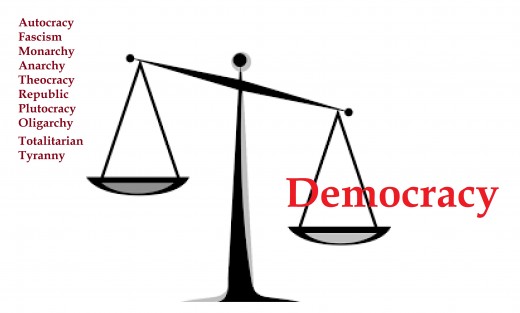
Final Answer?
Leaving aside such clear benefits of other systems and overlooking its entire disadvantage, we are clinging on to this form of governance. That can’t be due to fear of misrule in other forms of governance. Evidently, we, the citizens, are continuously deriving certain pleasure from the tasks imposed on us by democracy. But not only that none of these tasks seems to have the power to add to any of the natural ways of deriving pleasure, but also keeps a huge populace away from other activities that could have enhanced life’s pleasures.
This, then is the reason. Democracy keeps us busy, in fact, in two ways. One, it acts as a good digression for man. (In the case of man, the essential need of a digression for comfortable existence has been discussed in my book, ‘The Unsure Male’.) Two, the party system makes it convenient, for those in power, to blame the opposition, for all the failures.
This effectively perpetuates democracy, overlooking all the ills.


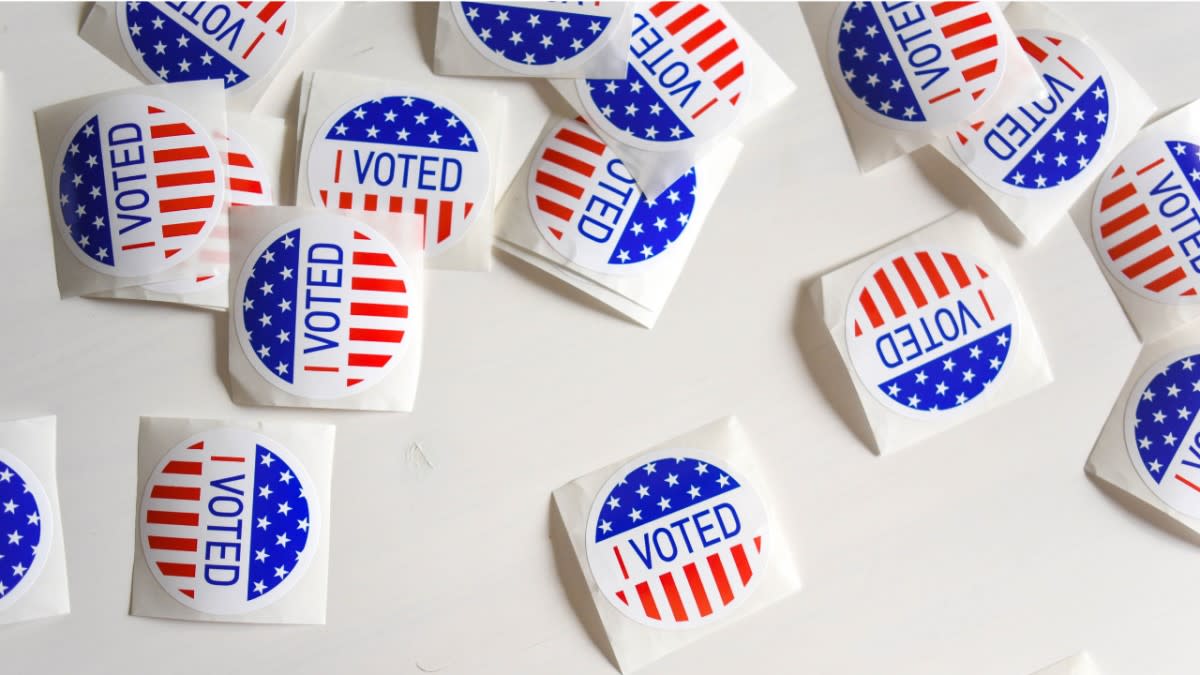
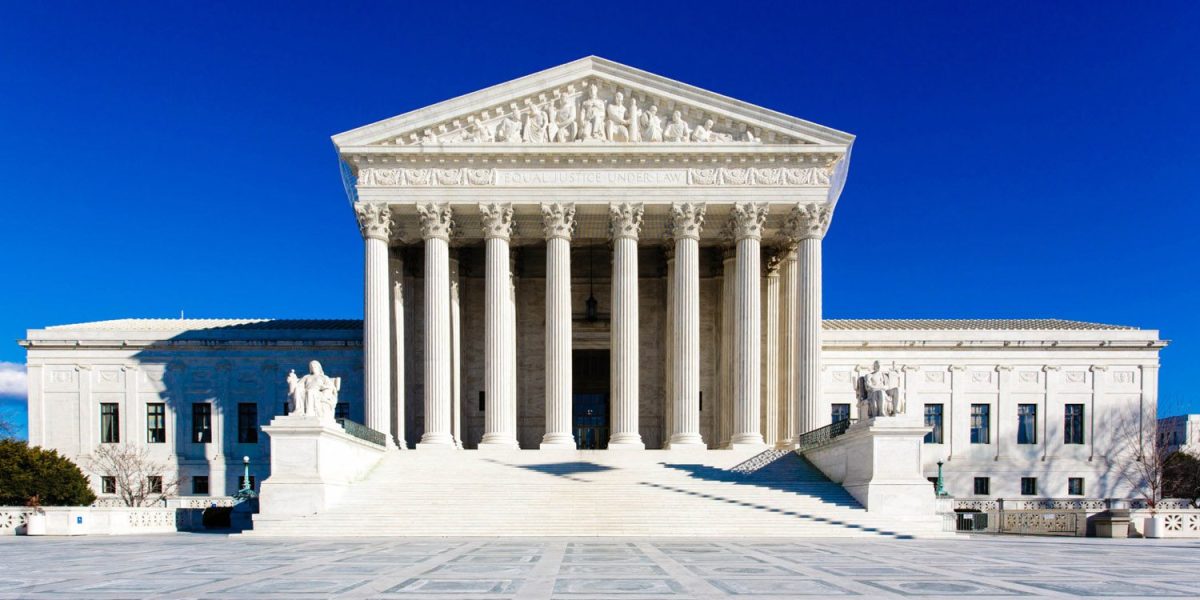

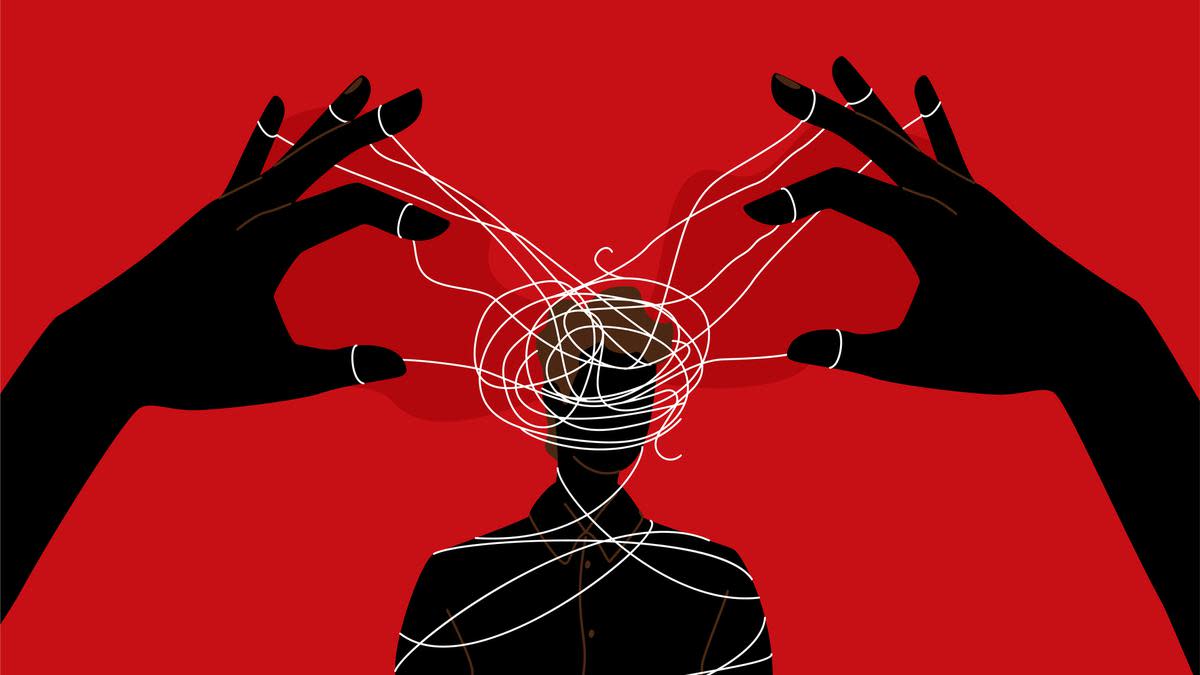
![On Principle and Pragmatism Ia - U.S. Constitutional Convention [9]](https://usercontent2.hubstatic.com/13151065_f120.jpg)
